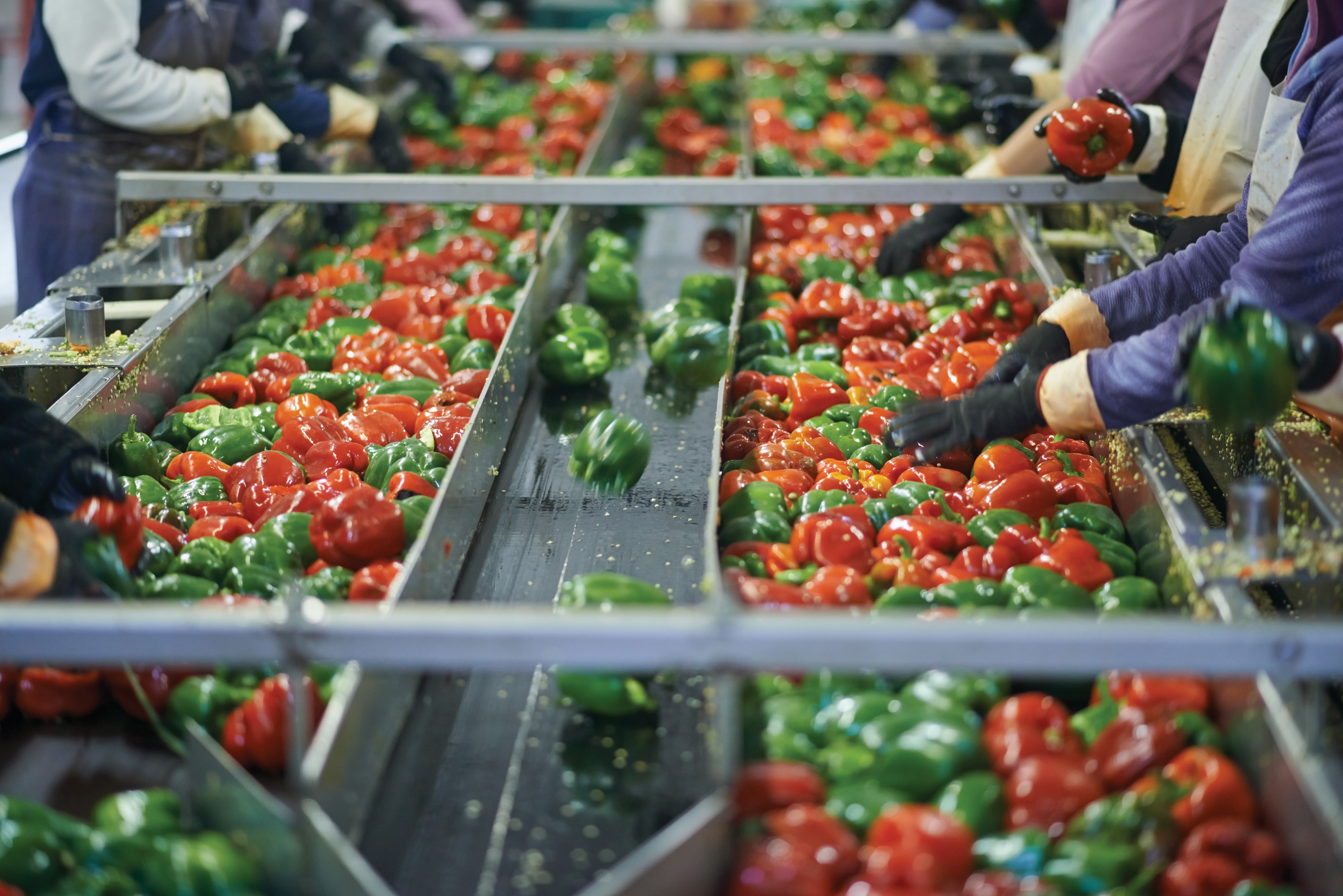Food Processing, Technology and Safety
The Food Processing, Technology and Safety certificate program trains students on the processes and technologies used to convert commodities into consumable food products.
The program combines online and in-person courses with applied learning experiences including a mobile food processing lab, industry clerkship and professional internship.
NOTE: The program's course delivery format does not meet the online enrollment limits for international students.
Request information about the Food Processing, Technology and Safety program

Areas of study include:
- Food processing and technology
- Facilities management
- Microbiology and chemistry
- Safety principles and regulations
- Applied food processing (cereals and grains, dairy foods, fruits and vegetables, muscle foods)
Career Opportunities
Graduates of the program will be prepared to safely operate and maintain food processing equipment. They will perform safety checks and product analysis in order to ensure the highest standard of quality and consumer safety.
Following graduation, students receive an MSU IAT certificate and associate degree from the related community college preparing them for the job market.
If interested, students can also transfer into Michigan State University to earn a degree in food science or another related degree.
Some career paths include:
- Raw ingredient manufacturing
- Food technician
- Food safety manager
- Machinery and equipment maintenance
- Specialty food processing
Academics
The Food Processing, Technology and Safety certificate program is available on the MSU campus in East Lansing and at several community college partner locations.
In addition to the certificate, students can also receive an associate degree at the partner community colleges.
- Delta College, University Center
- Kellogg Community College, Battle Creek
- Michigan State University, East Lansing
- Muskegon Community College, Muskegon
Program requirements:
- 60 credits (34 MSU credits and 26 community college credits)
- Agricultural technology clerkship
- Professional industry relevant internship
Internships & Clerkships
IAT coordinators help students find and secure organizations to mentor them as part of their required certificate program internship. Not only does this provide immediate on-the-job experience, but internships also help with networking and industry connections.
The food processing clerkship is a class where students will visit various food processing facilities to learn about equipment and safety operations.
Request information about the Food Processing, Technology and Safety program
-
William Dixon, Ph.D.
Mobile Lab Manager
dixonwi4@msu.edu
517-884-1246




 Print
Print Email
Email